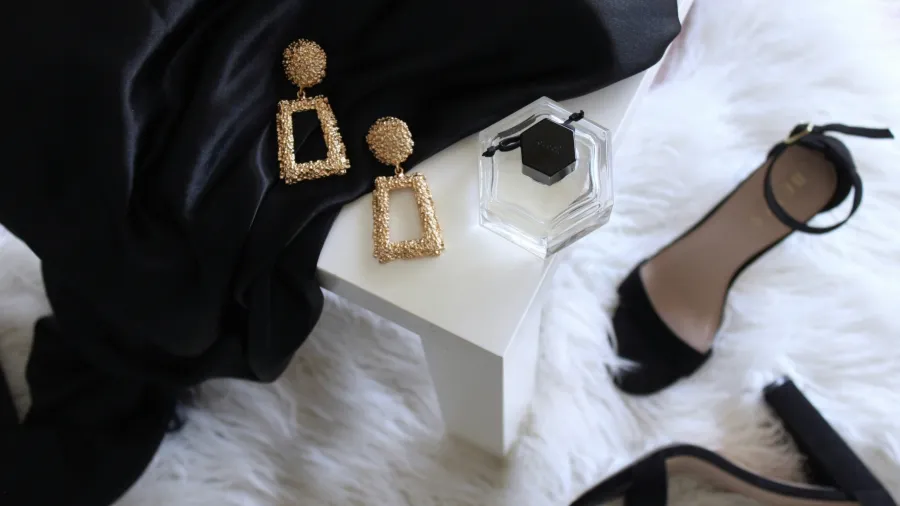
Global personal luxury market projected to reach $606b by 2030
China is also anticipated to become the world's largest luxury market.
The global personal luxury market is predicted to hit $464b by 2025 and climb to $606b by 2030, growing at an average annual rate of 6%.
According to PWC’s Mainland China and Hong Kong Luxury Market report, the growth is driven by intergenerational wealth transfers and expanding markets in Southeast Asia.
China is also projected to become the world's largest luxury market, surpassing the United States with a value of $148b.
Michael Cheng, PwC Asia Pacific, Mainland China and Hong Kong Consumer Markets leader, highlighted the importance of catering to very important clients (VICs) and targeting the Southeast Asian market, especially high-net-worth individuals.
“It is crucial for luxury groups to better meet their all-round needs,” he said. “In addition, driven by the growth of (ultra) high-net-worth individuals, boom in luxury tourism and surge of foreign investment, Southeast Asia will become the next high potential destination, after traditional luxury markets – with countries such as Singapore, Thailand, Vietnam and Malaysia showing particularly strong growth.”
He noted that major brands are also intensifying their efforts to capture this high-potential market, particularly targeting ultra-high-net-worth individuals.
The report also said that sustainability is a key focus for consumers, with over 40% globally willing to pay a 10% premium for ESG-aligned products. In regions like the Middle East, Africa, India, and China, consumers are willing to pay up to a 20% premium for sustainable products.
Steven Zhong of PwC emphasised the integration of ESG concepts into brand culture and the need for innovation in sustainable product offerings.
“They should innovate in the ESG product space through eco-system partnerships that attract more sustainable consumers (such as light apparel & footwear, premium beauty products and cosmetic tools),” he said.
By providing a healthy and sustainable lifestyle, they can demonstrate their brand’s social responsibility and reputation,” Zhong added.
Moreover, younger consumers now prioritise 'treating oneself' and 'rationality' in luxury items, favoring jewelry, beauty products with Chinese elements, and high-quality furniture.
ALSO READ: Here's why global apparel and footwear sales growth have slowed
Outdoor sports, high-end travel, and culture and entertainment are emerging as new luxury trends.
Meanwhile, Hong Kong's luxury market is also recovering slowly but is expected to grow at a CAGR of 4.5% from 2023 to 2030, reaching $16.1b (HKD125.8b). Despite challenges such as currency strength and competition from Hainan and Shenzhen, Hong Kong's luxury brands are adapting with enhanced services and experiences.
“Luxury Groups should aspire to be best-in-class in their offerings, management and operations so as to dominate the rapidly evolving market in the next decade,” Cheng said.

















 Advertise
Advertise







